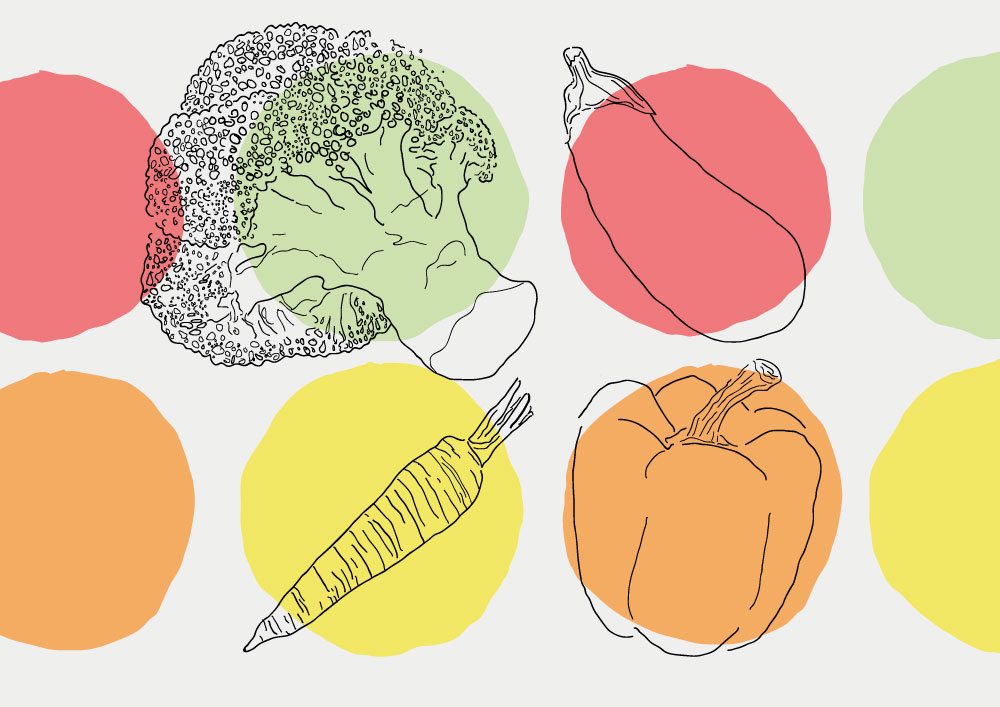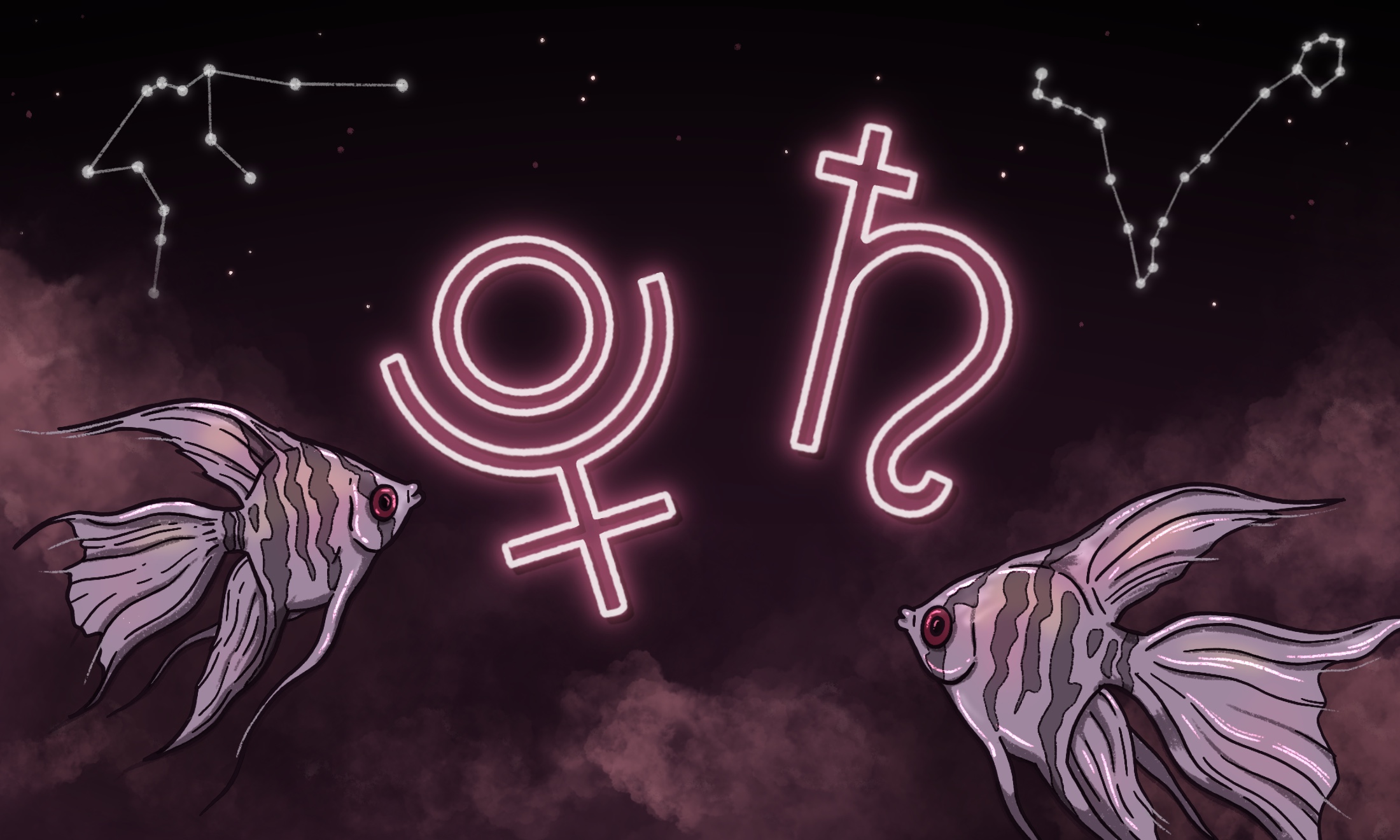
image by Michelle Wong
Whatever culture you are from, we can all agree the food is an integral part of it. For me, growing up in the UK but being from Somalia, food was a way for my family and I to remain close to our culture. I grew up eating traditional Somali cuisine. That meant having ‘canjeero’ (a pancake-like bread) for breakfast and on the weekends and pasta or rice for dinner. Almost every meal was structured around or included meat. Now, having been vegan on and off for three years, I am becoming more aware of how it has pushed my culture away from me.
For me, food is a wholly uniting factor. Think of Christmas dinner or a Sunday roast. While I have never personally experienced either of these (I shudder to think of my parents walking into a pub to have a pork roast), I know that they involve the whole family gathering for a great meal. But what commonality can you have with your family if you are not enjoying the same meals?
“Coming from a colonised nation and now living in Britain, the food my family ate seemed like a symbol of our strength”
Growing up I loved the food my mother made me but my decision to go vegan has meant that I am now completely separated from most of the food I was brought up on. When I am cooking, I am rarely, if ever, using the recipes my mother gave me. It often feels like I have abandoned my culture to become more like some white hipster, despite that fact I know that my intentions are good. These feelings are only heightened by the mainstream vegan food industry; it is clear that they do not care about our long histories, showing time and time again that the mainstream vegan industry was made and built for white vegans.
The food we eat is a sign of our history. Coming from a colonised nation and now living in Britain, the food my family ate seemed like a symbol of our strength. It showed that our culture had survived decades of brutality and instability. These recipes had travelled across the world, endured European invasion and restless civil war and have now made a new life for themselves here in Britain. They continue to survive still, even as this nation continues to show its contempt for our very existence every day.
In African cultures, the preparing and eating of meat is ritualised. When I was nine years old, I visited Somalia for the first time. While I was there, my family decided to eat two goats we had just bought. When I heard these dinner plans, I thought nothing of it, until hours later, I saw my grandmother slaughter a goat in front of me. A few hours later, I ate the goat. While the meal was delicious, something about it left a sour taste in my mouth. But I was nine and followed the lead of my respected elders. I was glad to be there and experiencing all of this with a family that I was only starting to get to know. I haven’t been back since. If I were to go back, I could not imagine explaining to my grandmother that I don’t believe in eating meat any more. In a country which experienced one of the worst droughts in recent memory, my dietary choices will only confirm my glaring privilege and my separation from my family.
“In a country which experienced one of the worst droughts in recent memory, my dietary choices will only confirm my glaring privilege and my separation from my family”
Of course, talking to your family about nuanced things is difficult for a lot of people. But for third culture kids such as myself, things become more complicated because I have entirely different reference points to them. It is difficult for my parents and me to understand one another when they reference centuries of tradition, and I reference documentaries on Netflix.
Recently, there was Twitter commotion when vegan (and former member of the band Bring Me The Horizon) Jonah Weinhofen tweeted his disgust at a photo of a hot pot. Many people called him out for his ignorance. They highlighted his remarks as tasteless especially given the fact that Chinese people have been subjected to racism in the context of food for centuries. When I saw this on my timeline, I was sadly not surprised. Of course, white vegans would be repulsed by the food that shaped us, the food that our mothers and grandmothers spend hours working on. How could they understand the difficulty of preserving cultures which our colonisers have tried so hard to eradicate? But racism in veganism is nothing new. Racism is nothing new.
“I decided long ago that I would always eat my mother’s cooking when I am home, but that was a natural decision for me”
If I were to have children and raise them as vegans, It would feel like killing a cultural line. In one generation, the recipes of my ancestors could die with me. While this may not even occur to my white counterparts, this personal death weighs a heavy toll on me. The kind of moral dilemma that led to me to veganism in the first place.
But of course, it is possible to be vegan and a person of colour. I have tried a couple of alternatives and some of them are quite accessible. One of the more straightforward dishes I have is a simple vegan spaghetti and meatballs, reminiscent of the pasta (baasto) my mother cooks at home. Just by boiling spaghetti and cooking meat-free meatballs you’re almost done. I fry onions, garlic and green peppers in a pan with tomato sauce. And add mixed spices, dried oregano and coriander and some salt and pepper. Of course, a Somali meal would not be complete without sticking a banana on your plate. And voila, you are done.
Needless to say, being vegan and a person of colour is not as simple as making a few alternatives to a few staple recipes. I decided long ago that I would always eat my mother’s cooking when I am home, but that was a decision which was a natural one for me. How each person interacts with their culture is something which is specific and nuanced. There is no answer to this, like most things, it is a matter of personal choice. It is about what works for you, and as long as you’re not harming anyone, that should be enough.








